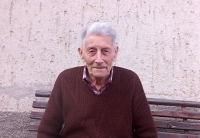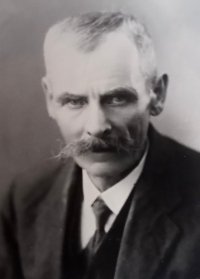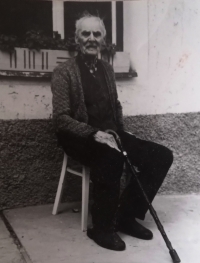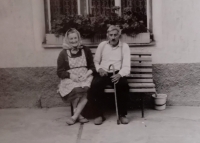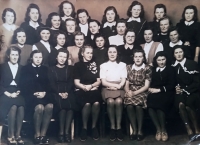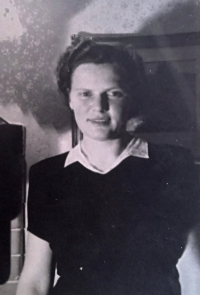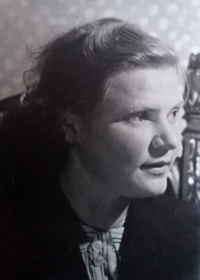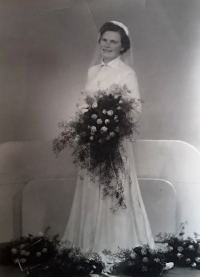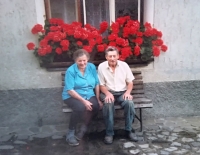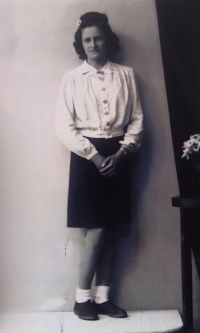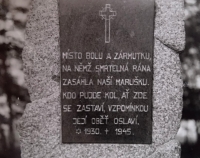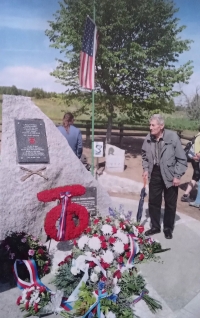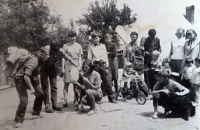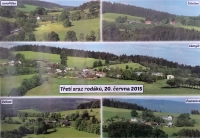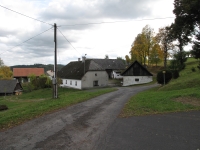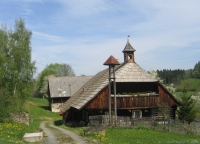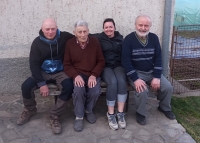If no one turned you in, it all passed without a problem
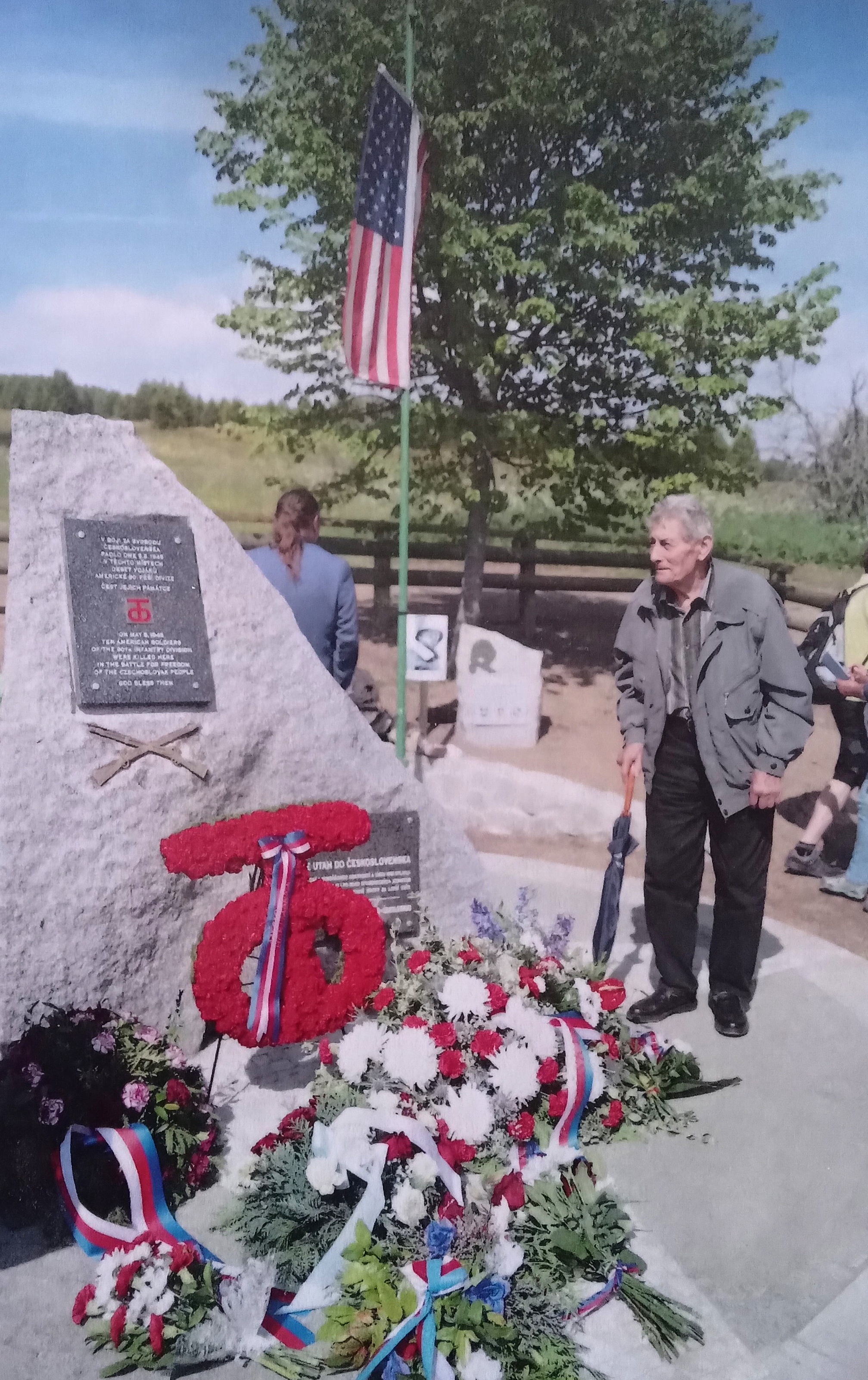
Download image
Miroslav Klíma was born on October 6, 1927. His mother Eleonora came from Čeletice near Klatovy. Her father Isidor was an orphan, brought up by the childless Pšajdl family in Zvíkov No. 4. By then they already had a four-year-old Miroslav and a one-year-old Maruška. The parents lost their daughter accidentally in May 1945. On her way home from church she was mortally wounded by a bullet fired by an American soldier. The local doctor was unable to help and the badly wounded girl was taken by a Red Cross ambulance to an unknown destination. While the devastated parents searched for Maruška, whose fate they had no idea of in the following days, they helped two Jewish women at home. They had escaped the death march in early April and found asylum and safety with the Klíma family. After the war, the Klímas continued to farm privately. For more grazing, Miroslav Klíma added a property in Volešek, which had 2.5 hectares of fields and meadows. He did not use the property, the so-called Luftians went there for the summer and the scouts camped there regularly. Miroslav Klíma married in 1956. He lived with his beloved Justýnka in Zvíkov for an incredible 64 years, they raised four children. In 1960 he joined the JZD (Unified Agriculture Cooperative) Nezamyšl. Although he was a non-partisan, he served as chairman at the request of other farmers. Miroslav Klíma lived in 2025 in the village of Zvíkov.
